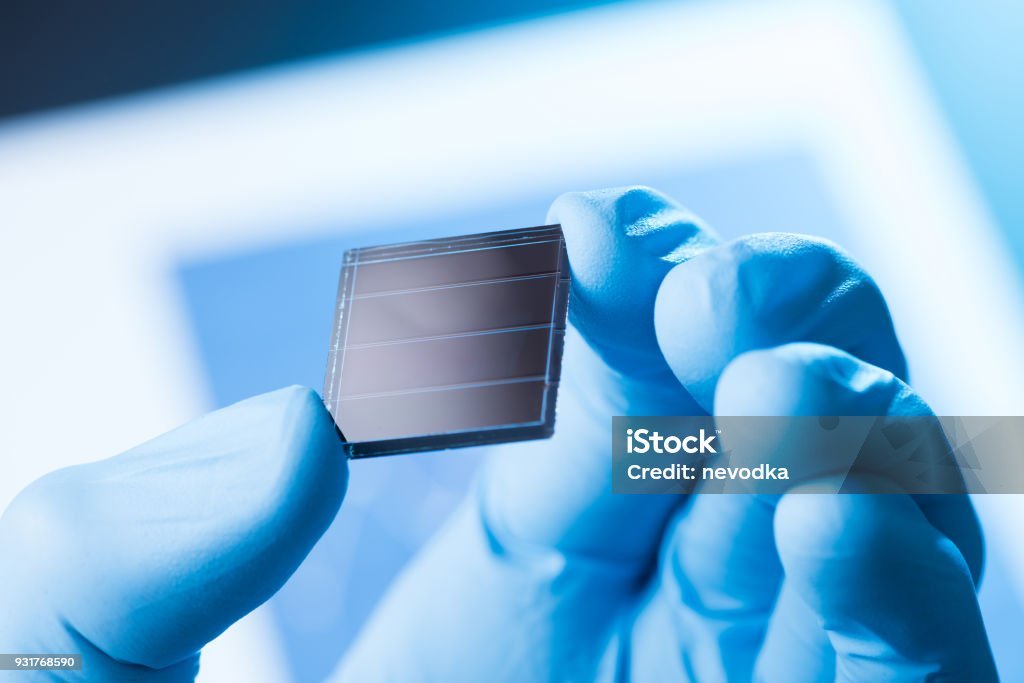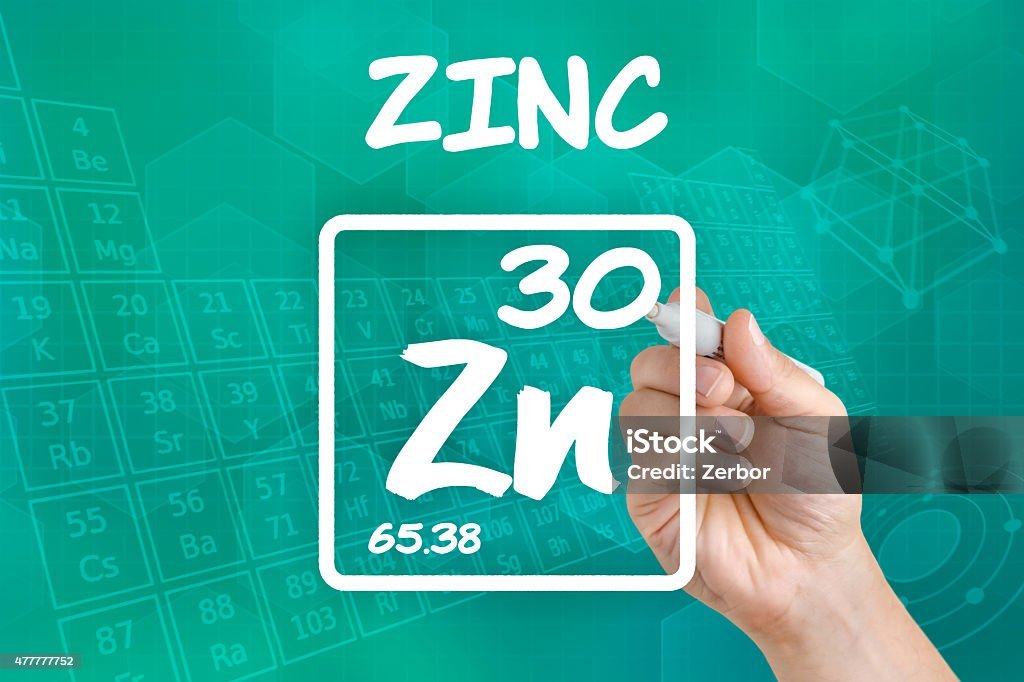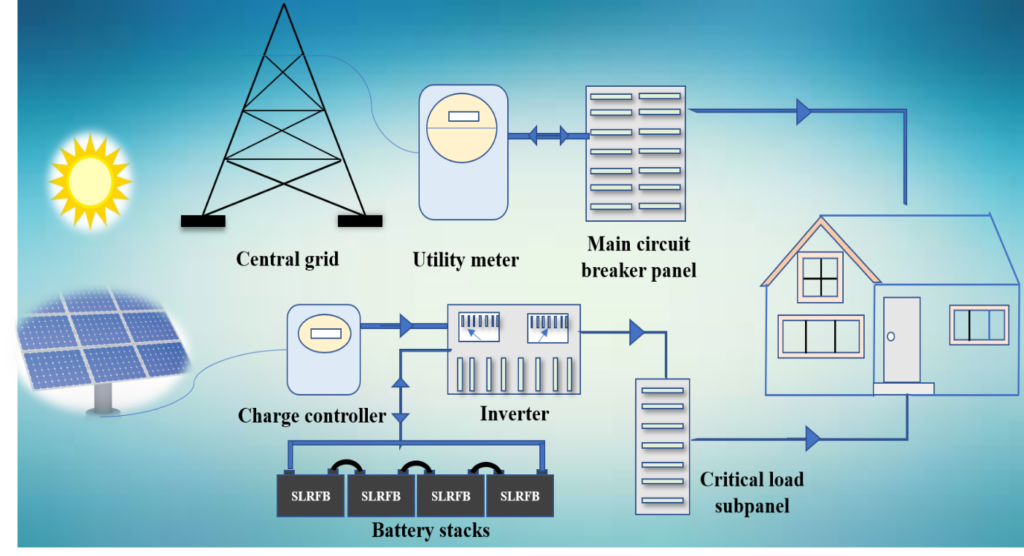Organic macrocycles are cyclic molecules that have potential applications in energy storage. They generally offer high specific capacities, cost-effectiveness, environmental friendliness, and ready tunability of structure and function. When the macrocycles are composed of redox-active conjugated π-systems (aromatic or antiaromatic), they can be applied in organic rechargeable batteries as they can switch between different states of (anti)aromaticity upon reduction or oxidation, resulting in stable and reversible charge transfer processes. Macrocycles with suitable functionalities can form stable complexes with metal ions, acting as redox centers for reversible charge transfer. Some examples are porphyrins, phthalocyanines, and crown ethers. Our group has recently achieved a rigid macrocycle, named coumarin[4]arene, comprising functional coumarin units. Its rigid crown structure can avoid aggregation in solution and capture bucky-balls in solution- and solid states into its cavity. The redox potentials can be controlled by carefully manipulating the macrocyclic structure, and a desired single output voltage is possible for battery applications. The day is not far-off that these macrocycles can be promising candidates for developing green, fast-charging, high-performance batteries.
Author: Asso. Prof. Venkatakrishnan Parthasarathy and Prof Kothandaraman Ramanujam, Center for Excellence in Energy Storage & Conversion, IIT Madras
Link to recent publication in @Angewandte Chemie: https://onlinelibrary.wiley.com/doi/10.1002/anie.202305005



